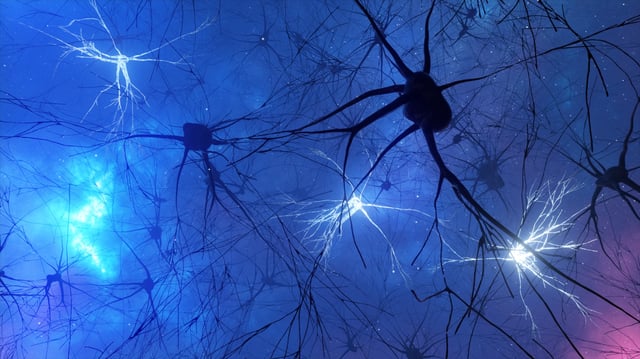Overview
- Three months of dietary MLi-2 treatment reinstated primary cilia on striatal neurons and glial cells in LRRK2-mutant mice to levels seen in healthy controls
- Cilia restoration reactivated Sonic Hedgehog signaling and normalized secretion of neuroprotective factors essential for neuron survival
- Striatal dopamine nerve ending density doubled, marking measurable recovery of neurons that had been on a degenerative trajectory
- Multiple clinical trials of LRRK2 inhibitors are currently under way to evaluate their safety and efficacy in Parkinson’s patients
- Researchers plan to test the efficacy of MLi-2 in non-LRRK2 Parkinson’s disease models following these promising preclinical results
